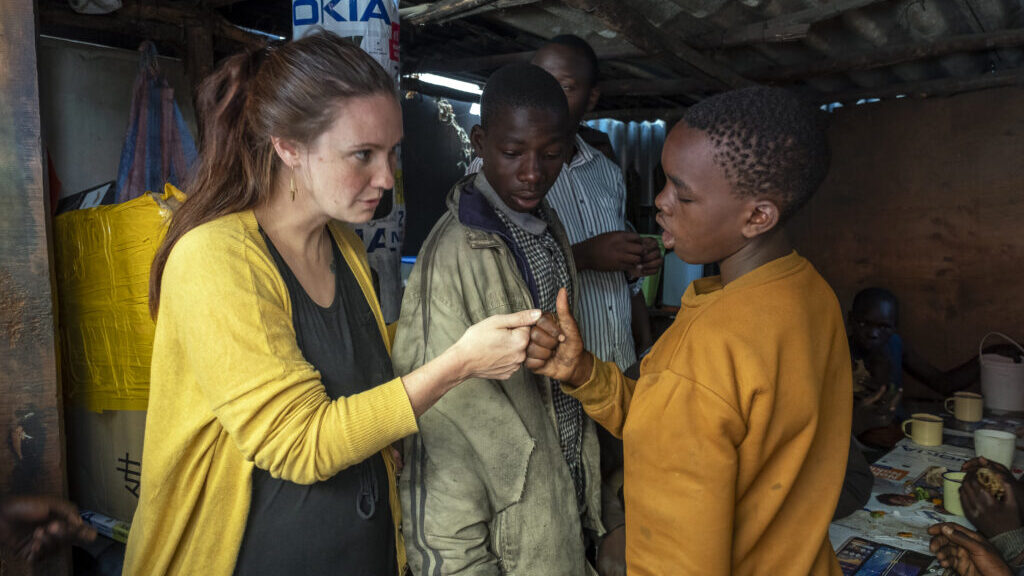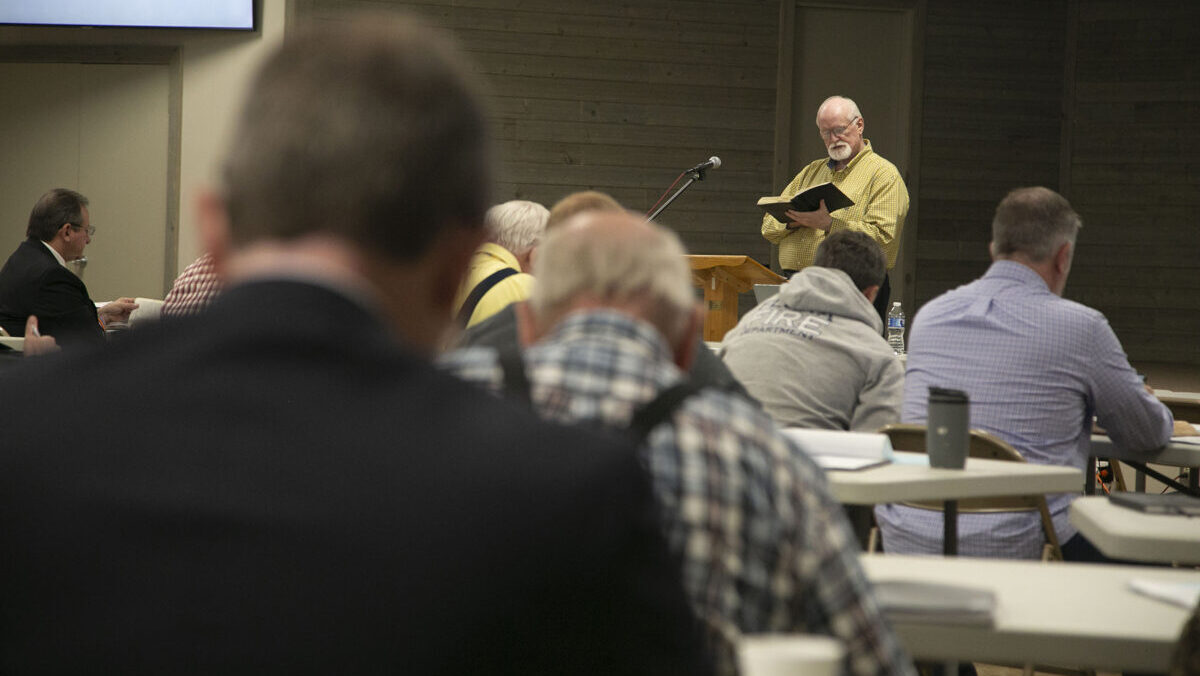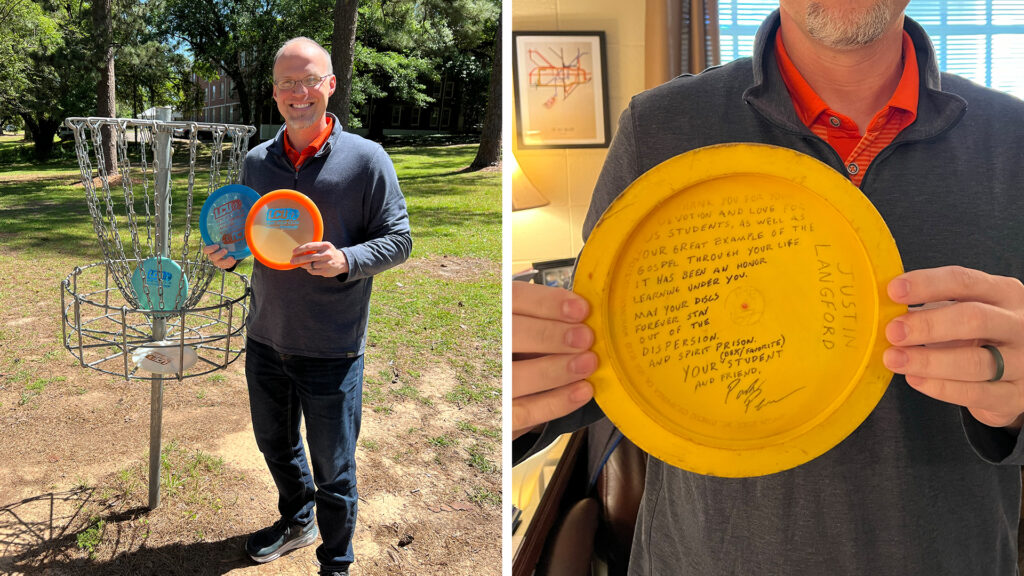Ten years ago, I was visiting Shelter Yetu, an orphanage in Naivasha, Kenya. A young boy stood alone at the chalkboard, wiping away the day’s lessons with an old rag. The child — an orphan, I was told — sang quietly as he worked. I watched him from the doorway for a few minutes before greeting him in Swahili.
After some small talk about the day’s activities, I asked Boniface how long he had been at the orphanage. “One year,” he told me.
Quietly, I asked him when the last time he saw his family was. I didn’t know or expect the answer — in my head, I was thinking perhaps both his parents had passed away. “Last weekend,” he said with a smile. Boniface proceeded to tell me that his mother actually worked at a nearby farm and often came to visit him and his brother on the weekends.
So why was Boniface, who was obviously not an orphan, at an orphanage?
I learned later that he is the sixth of eight children. His family was displaced during Kenya’s 2008 post-election violence. They spent two years living in an IDP (internally displaced persons) camp before his father left the family. Eventually, Boniface’s mother found work at a local farm but still couldn’t afford to send all eight of her children to school, so she found help the only way she could — she placed them in orphanages.
I wish I could say Boniface’s story is uncommon or unusual, but as many as 80% of children living in orphanages have at least one living parent.
Does your church support an orphanage?
Have you ever taken a short-term missions trip to serve at an orphanage?
Does your family sponsor an underprivileged child?
Have you ever wondered how you or your church could help vulnerable children?
Southern Baptists care deeply about orphans.
There is a clear biblical mandate for churches and believers to care for widows and orphans. James 1:27 says, “Religion that is pure and undefiled before God, the Father, is this: to visit orphans and widows in their affliction, and to keep oneself unstained from the world.”
Unfortunately, our good intentions have not always translated to the best care for or impact on orphans and at-risk children.
A growing body of research shows that orphanages are not the best place for these kids.
— An estimated 5.4 million children live in orphanages and other institutions worldwide, but 80% aren’t orphans.
— Research shows that orphanages often harm children’s social, emotional and cognitive development.
— Institutionalization of very young children has a similar impact on early brain development as severe malnutrition or maternal drug use during pregnancy.
— Young adults raised in institutions are 10 times more likely to fall into sex work than their peers and 500 times more likely to take their own lives.
— Placing a child in an orphanage quadruples the risk of sexual violence.
For these reasons, many countries and institutions are moving away from traditional institutional care (orphanages) to family and community-based care.
Psalm 68 tells us that “God sets the lonely in families.” Orphans don’t just need food, shelter and education. Orphans need a safe, loving family and community in which to thrive.
Today, Shelter Yetu is no longer an orphanage.
Instead, they serve as a rescue center — helping children living on the streets, providing them with rehabilitation services and reuniting them with safe, loving families while simultaneously working to empower their families.
We are also helping other orphanages transition to a family-based care model, resulting in more children going home.
As the new orphans and vulnerable children consultant for Send Relief, one of my primary objectives is to help advise local churches in the United States on best care practices for orphans and vulnerable children based on biblical principles and emerging research in the field.
I’m here to help you, and I’m excited to partner with Southern Baptist churches to provide the tools, training and advice you need to help you and your church care for orphans in their affliction.
Together, we can labor to see more orphans and vulnerable children know Christ’s love through placement in loving families.
For more information, contact Lowery at children@sendrelief.org.
EDITOR’S NOTE — This story was written by Kristen Lowry and originally published by Send Relief.








